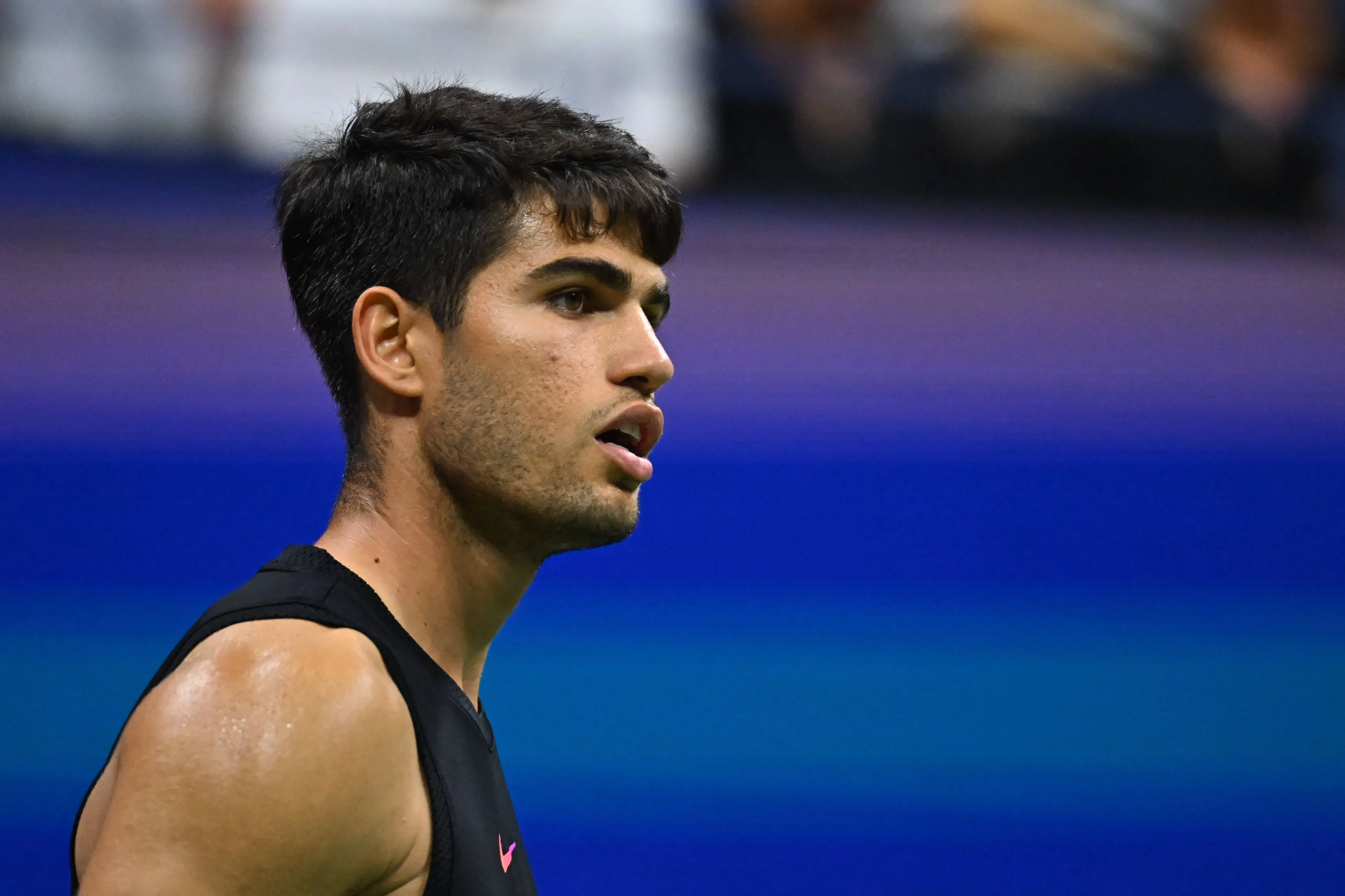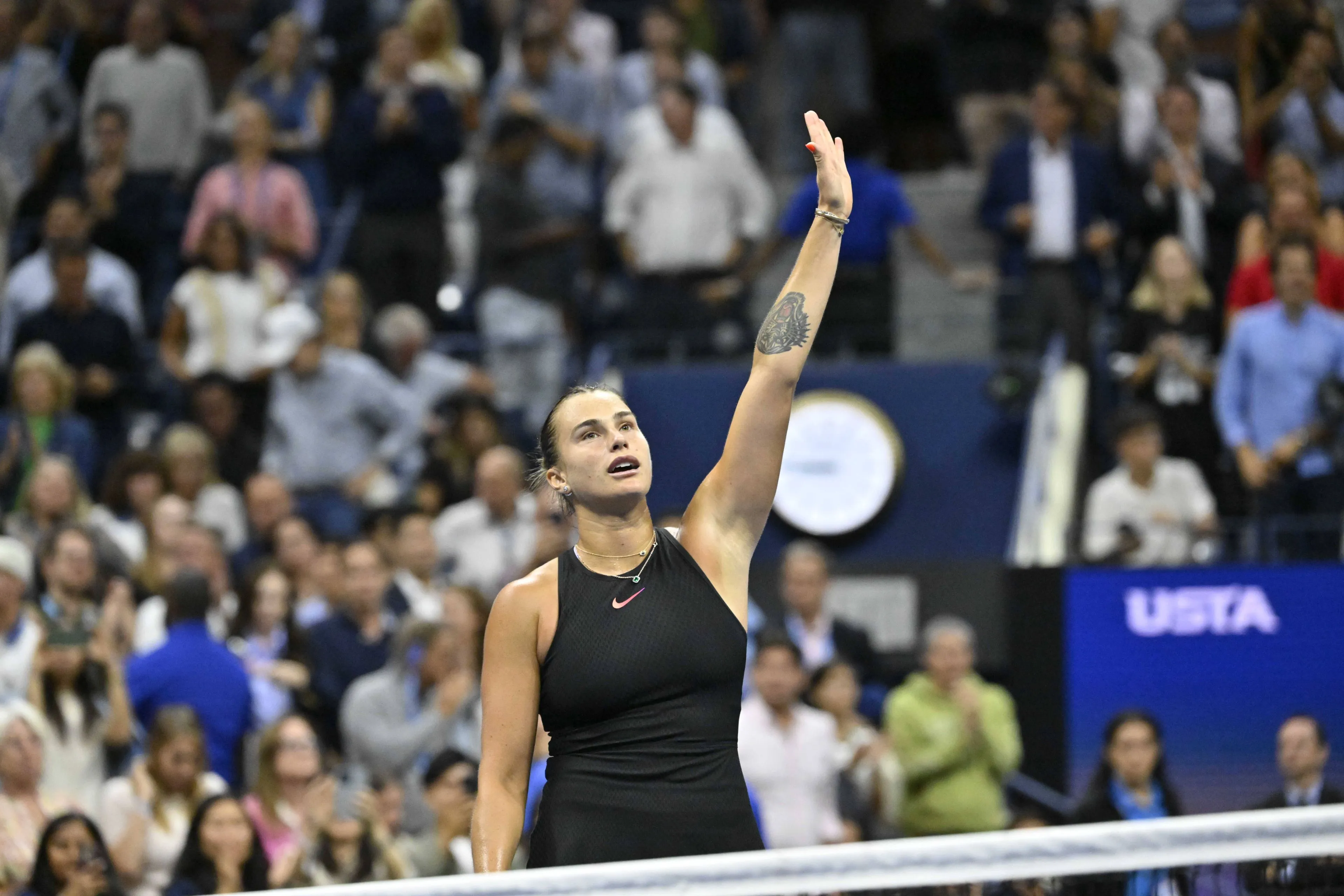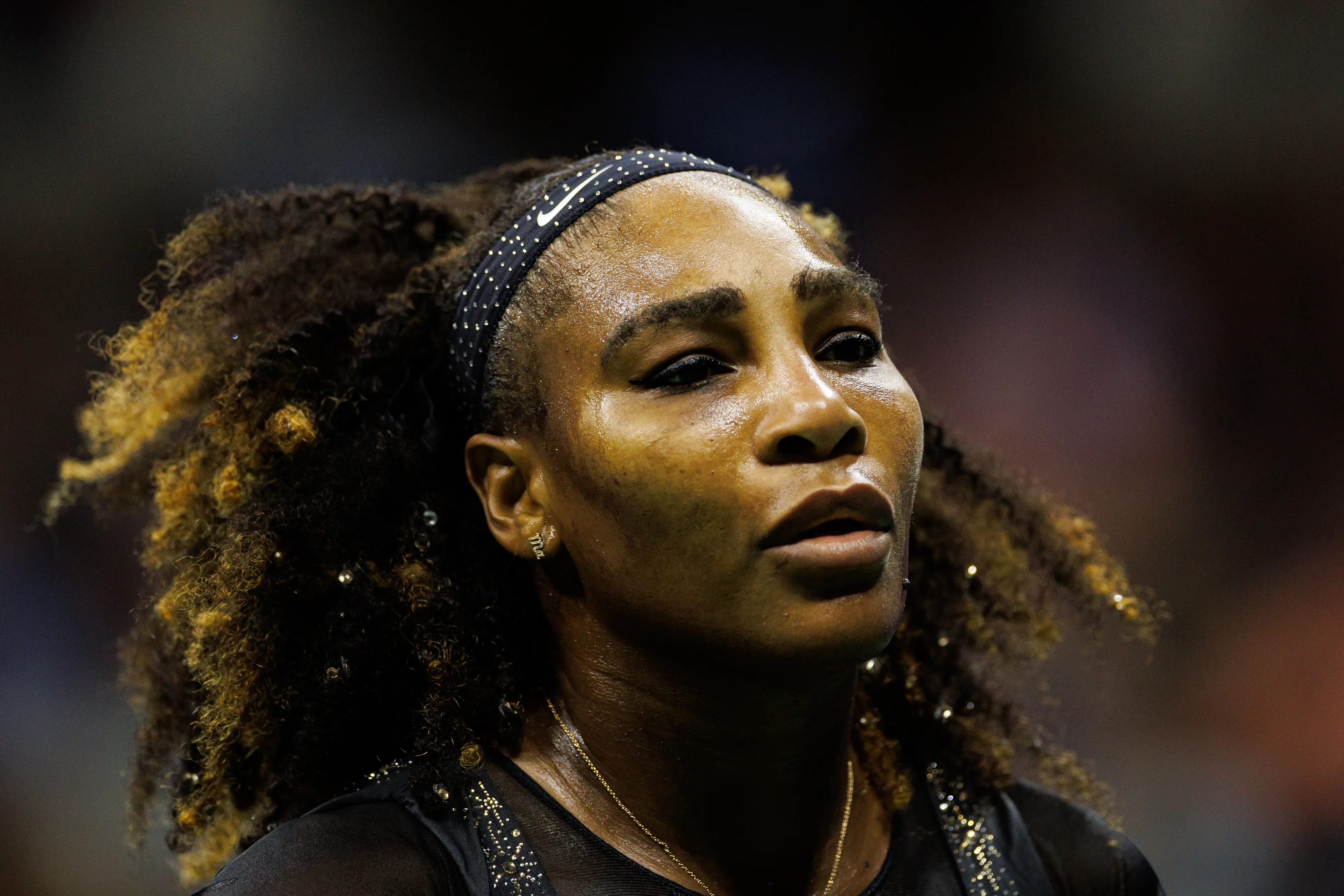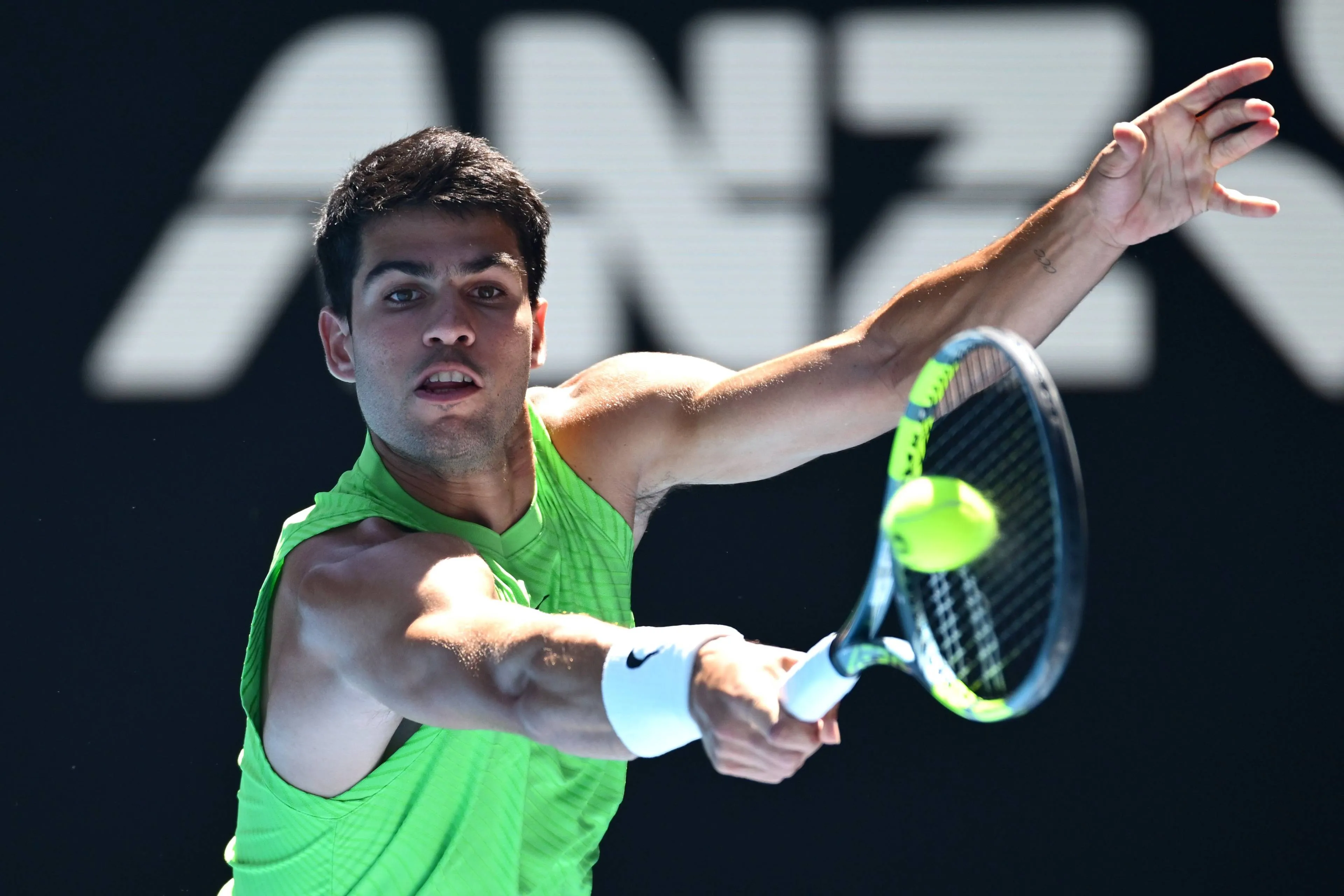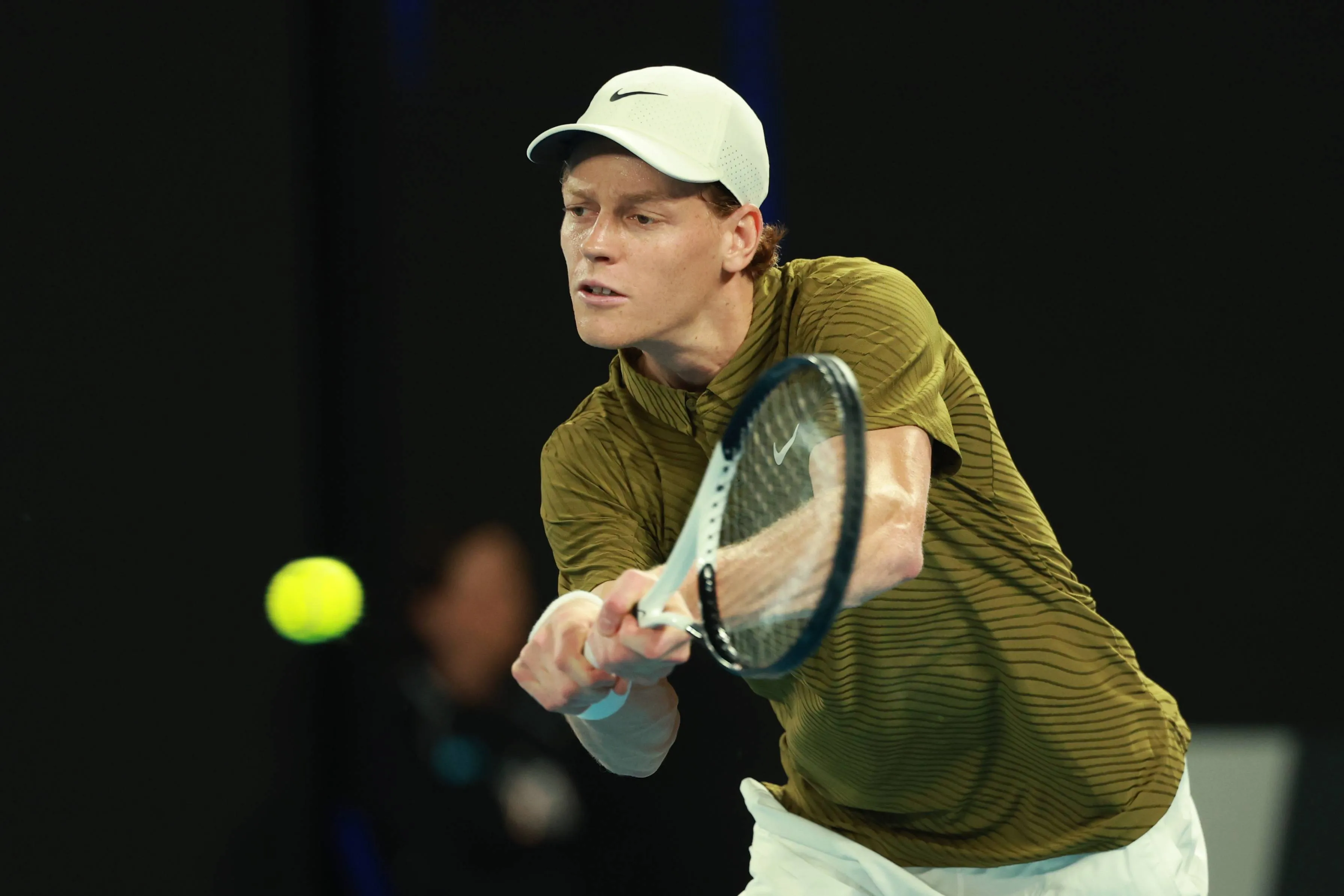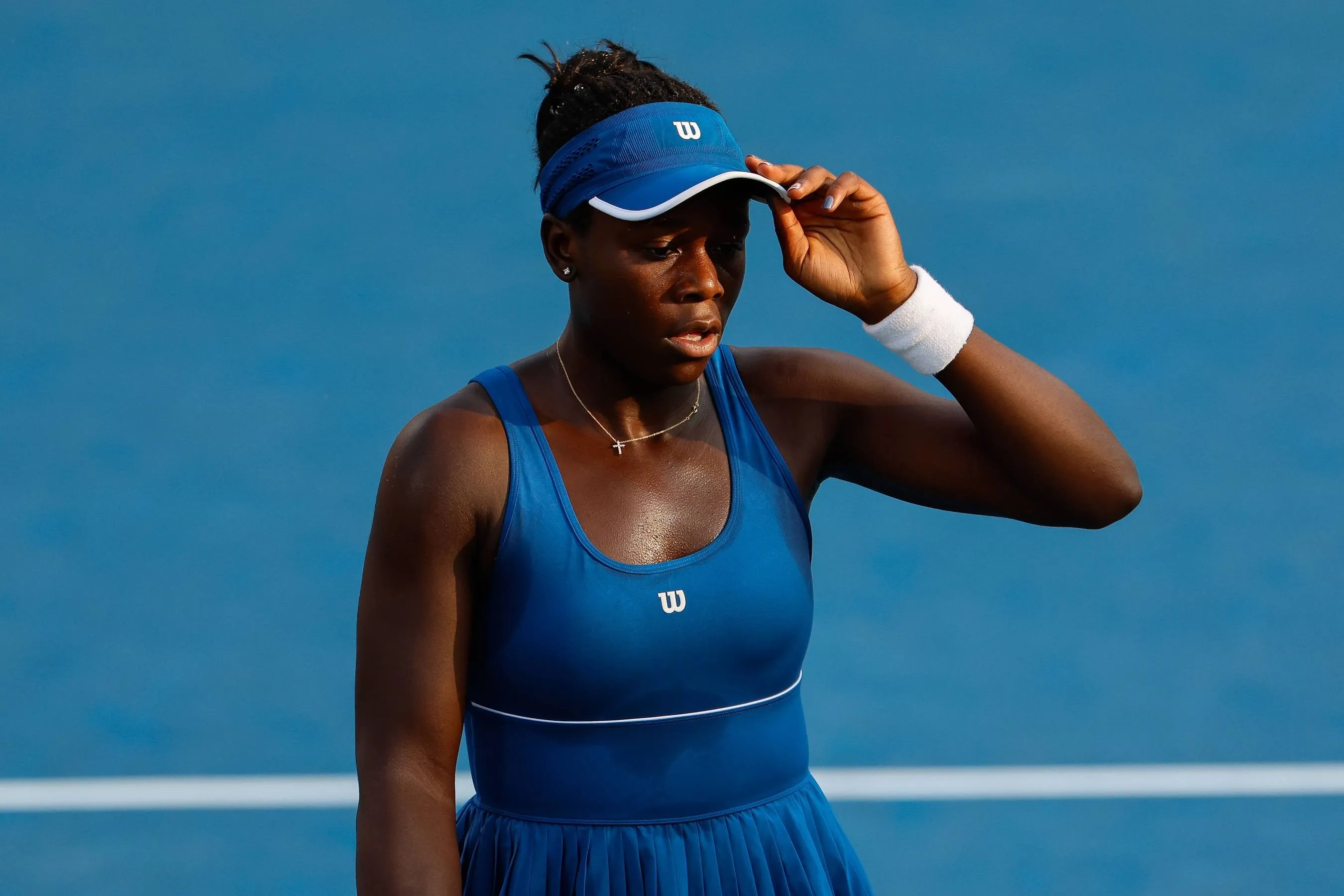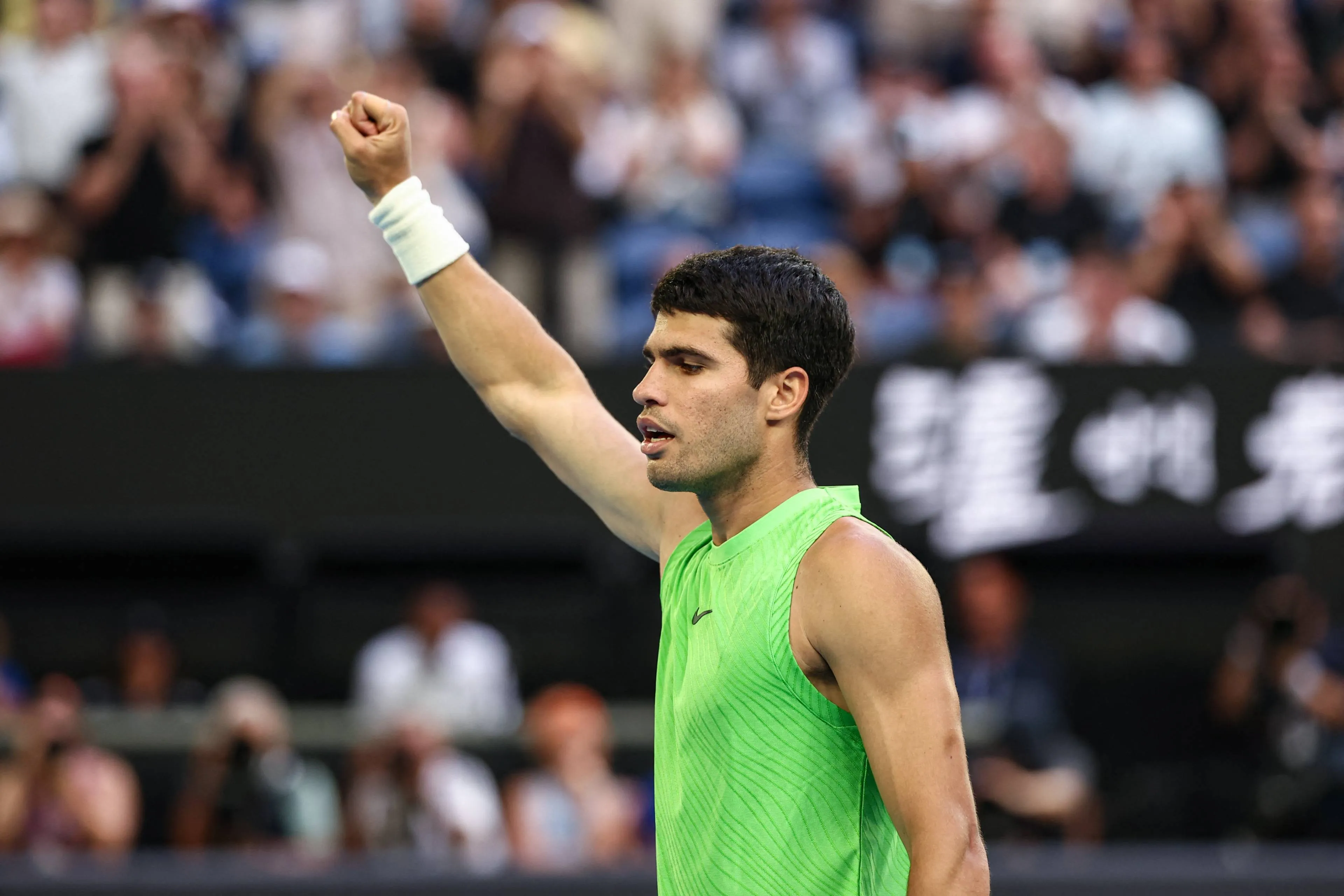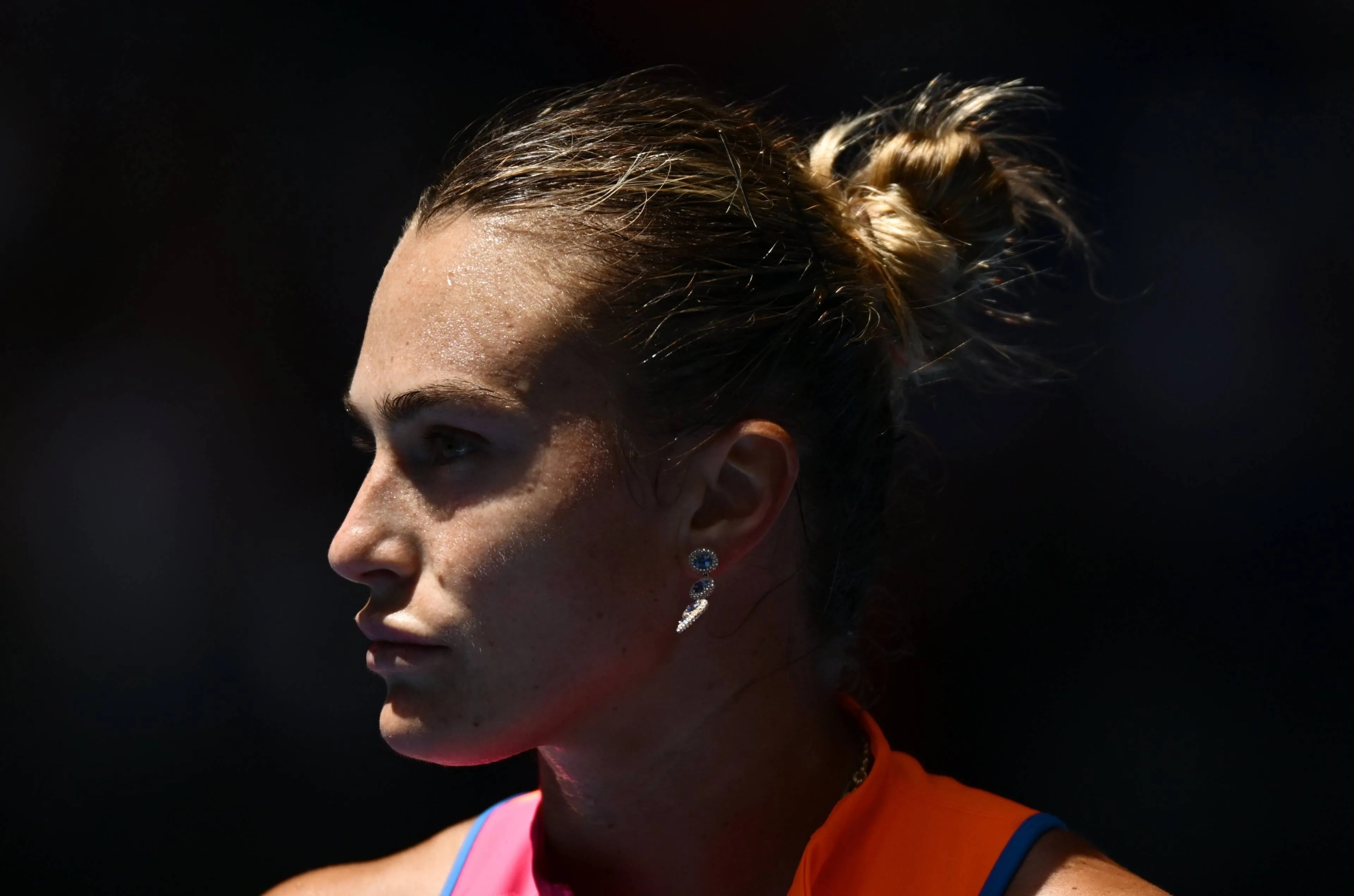'How Was He Allowed To Play': Former World No. 1 Shocked By Sinner's Doping Case
ATPWednesday, 11 September 2024 at 17:18

Former WTA World No. 1 Lindsay Davenport has given her verdict on Jannik Sinner's doping saga, admitting she was quite surprised that he was allowed to compete.
The Italian's doping saga caused a lot of controversy in tennis circles, not so much because he tested positive for a banned substance by accident—those things happen and have happened before.
One notable example was Simona Halep, but the difference between her case and that of Sinner was that he was allowed to compete. That's the detail that left many current and former players puzzled because it was generally believed that regardless of how a substance enters an athlete's body, a suspension, even a provisional one, would follow.
That wasn’t the case for Sinner because of a few factors, most notably that the governing bodies found his explanation believable, immediately lifting a two-day provisional suspension.
Sinner quickly deduced how the substance got into his body and presented that, which was deemed good enough, along with evidence that it was in trace amounts. The amount wouldn't be enough to yield any kind of competitive advantage, so Sinner was allowed to compete while the investigation was ongoing.
That's the part that former player Lindsay Davenport didn't understand, and she recently admitted that she didn't know how or why he was allowed to compete all this time.
"I am honestly shocked. Like most. It seems that we are only now finding out what is happening behind the scenes. I don’t know how he is allowed to play all year. It’s not fair to other players, it’s obvious that not everyone is treated the same."- Davenport to SportKlub on the Jannik Sinner doping saga
"Especially to those who are ranked lower. Money seems to be decisive here, because there are greater opportunities to pay lawyers and everything that is needed. The Italian had to bear the consequences."
Read also
It was a contentious situation because some didn't see anything wrong with it, as Darren Cahill explained the difference between Halep's and Sinner's cases. By an odd twist of fate, the Australian coach had a front-row seat to both cases and knew the subtleties well.
For some, those subtleties made all the difference, but for others, it didn't, as they wanted uniformity across the board. Halep certainly wasn't a fan of how Sinner's situation went because she felt she was being hounded by the governing bodies during her doping saga.
Whatever the truth ultimately is, it doesn't change the fact that Sinner was incredibly lucky to be allowed to compete. Not only did he have a really great summer, during which he officially became world number one, but he was also able to keep playing, which proved instrumental in winning the US Open.
If he hadn't been allowed to compete, he wouldn’t have become world number one, and he likely wouldn’t have won the US Open. On top of that, the amount of time he would have spent away from the courts would have likely impacted his overall level as well.
Read also
Loading
